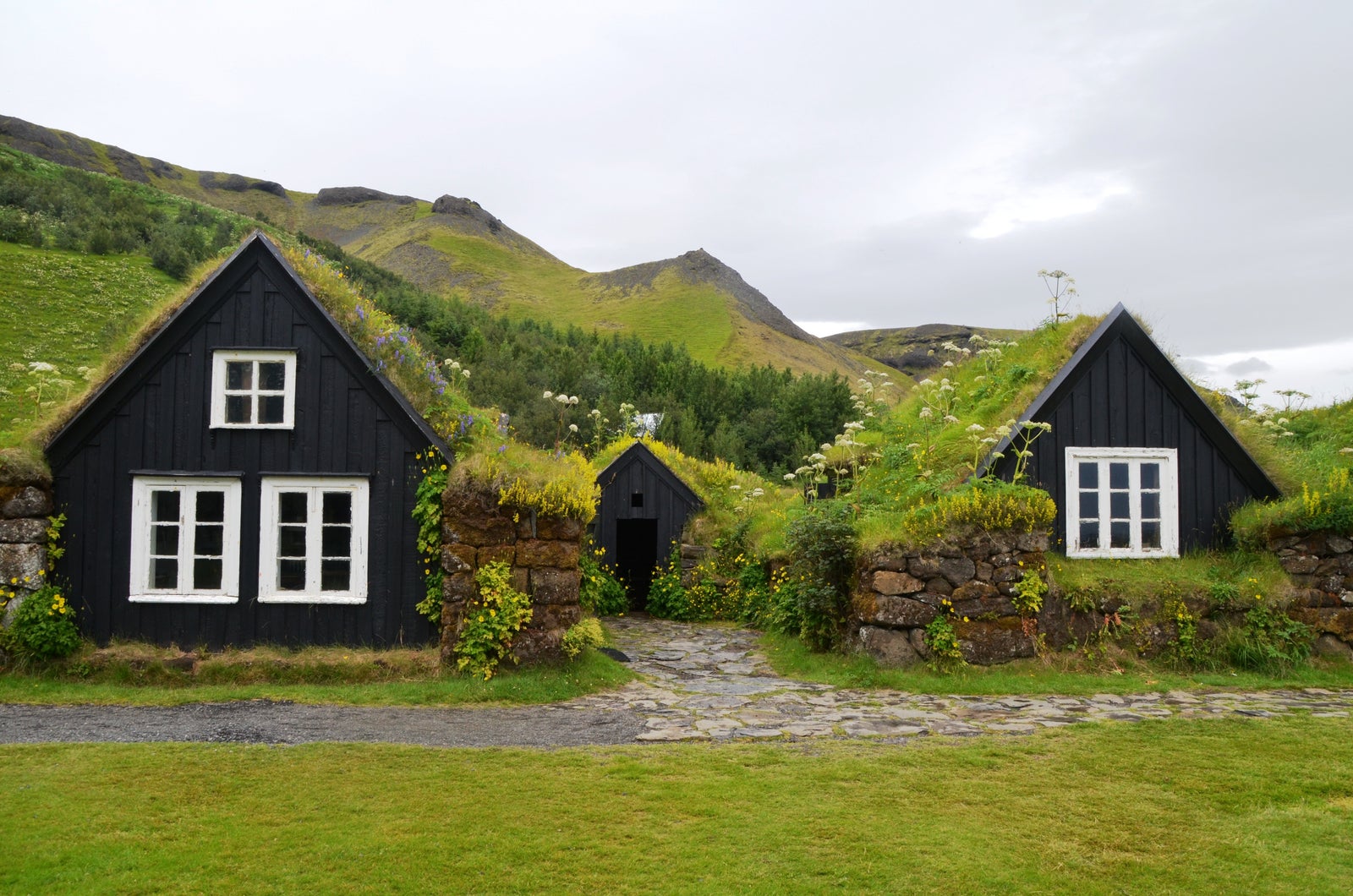
Rural homes have a reputation for being large, airy, and downright homey. The lifestyle is often depicted as laid-back and freeing where quiet reigns king and things move at a slower pace. For some people, country living is ideal. For others, however, it’s boring. Rural living isn’t for everyone, so whether you’re thinking of purchasing a rural home for investment or living, here are a few pros and cons to consider.
Fewer People Means Fewer Public Services
One of the reasons people love living in a rural area is the fact that there are fewer people. Your closest neighbor may be a mile or more away. While this affords plenty of privacy and quiet, it also means there are fewer public services available nearby.
If you’ve lived in urban areas all your life and are now considering moving to a rural home, you must realize you’ll need time to adjust to this lesser level of public service nearby.
Fewer Business Opportunities
If you’re planning to live in a rural home, you’ll likely have to make a longer commute to work since there are fewer business opportunities close by. On the other hand, if you’re planning to use the rural home as an investment property, it’s important to have clear expectations when it comes to renting or selling it as it’s likely to sit vacant and/or for sale longer for the same reason.
Fewer Restrictions
Urban properties often come with a plethora of restrictions in terms of property development. Rural properties, on the other hand, often have fewer restrictions, giving the owner more leeway when it comes to land development. Furthermore, when it comes to listing rural homes for sale, the listing regulations are less strict than those for urban properties in cities like Los Angeles or New York.
More Opportunity For Land Development
Strategically purchasing multiple rural properties gives investors more opportunities for extending land development, increasing their profitability as a long-term investment. Should the investor decide not to pursue development, the rural property(ies) typically garners a profit when sold.
Cheaper Purchase Prices
Rural properties are typically cheaper to buy than their urban counterparts. As an investor, you can expect to pay about half what you would pay for an urban home of the same size. This makes it extremely easy to buy more than one property at a time and still stay within your budget.
Less Competition In The Market
Recently, there has been an increase in rural properties for sale with a lack of interest from investors, which means there is less competition in the market for purchasing these properties. This factor also drives the prices lower for these properties, making them prime investment opportunities.
It takes the right type of person to reap the benefits of investing in or living in a rural home. If you’re thinking of buying a home in the country for either reason, the pros and cons listed above may help you decide whether or not the purchase is right for you.
